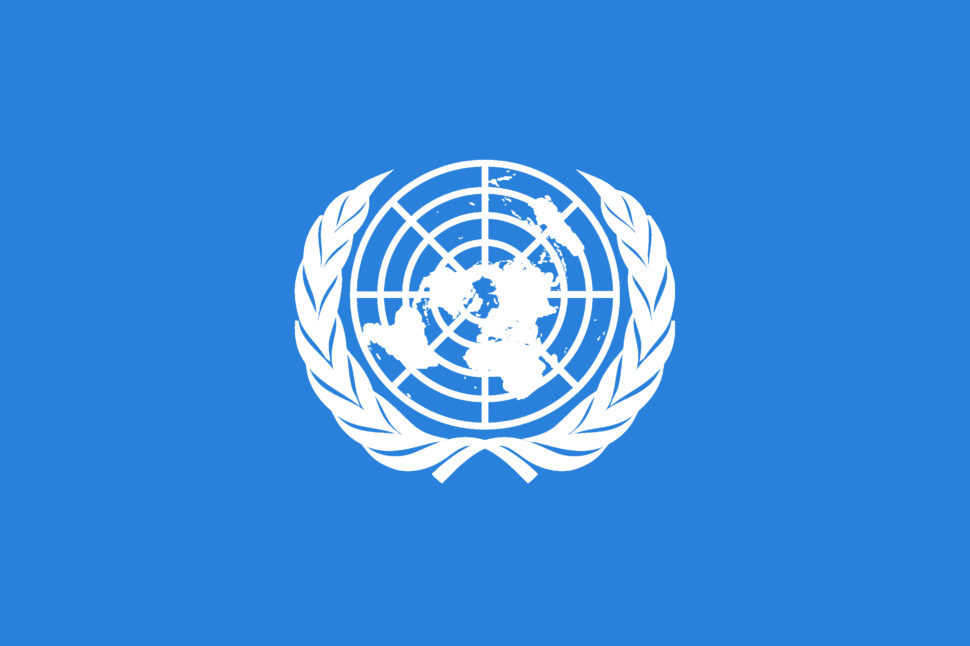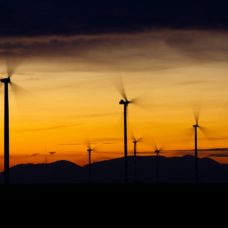Now that the UN COP24 global summit has wrapped and the dust has settled, what are the accomplishments and failures? Edgy gets you up to speed.
In Katowice, southern Poland, climate hasn’t been a priority for a long time.
By hosting global climate talks, Katowice, Europe’s coal capital, hopes to emulate the Japanese city of Kyoto and reinvent itself through environmental action.
On December 15, after two weeks of marathon negotiations involving nearly 200 countries, the UN 2018 Climate Change Conference, aka COP24, concluded in Katowice.
One of the most important tasks of the COP24, was “to work out and adopt a package of decisions ensuring the full implementation of the Paris Agreement, in accordance with the decisions adopted in Paris (COP21) and in Marrakesh (CMA1.1). Moreover, COP24 will include the so-called Facilitative Dialogue intended to support the implementation of national commitments.”
Has the COP24 climate talks reached a satisfactory conclusion?
Well, yes and no.
Below are the three major takeaways from the COP24 meeting:
1. The “Rulebook”
Known as the Katowice Climate Change Package, the Paris Rulebook agreed on by the 197 parties is the biggest achievement of the rocky COP24 talks.
The UN describes the Rulebook as “a robust set of guidelines for implementing the landmark 2015 Paris Climate Change Agreement,” which will “promote trust among nations that all countries are playing their part in addressing the challenge of climate change.”
While commendable, the new agreement only reiterates what governments have already agreed on during the Paris Agreement.
Parties didn’t really hammer out their differences, and the Paris Rulebook doesn’t set any new “higher” goals to curb carbon emissions.
If government officials “feel proud” of the Rulebook, some scientists and NGOs think it left a lot to be desired.
“COP24 failed to deliver a clear commitment to strengthen all countries’ climate pledges by 2020,” said Climate Action Network Europe.“Governments have again delayed adequate action to avoid catastrophic climate breakdown.”
Read More: Study Reveals Organic Food not Great for Climate
2. Climate Science and Climate Villains
According to an alarming report published last October by the Intergovernmental Panel on Climate Change (IPCC), the world needs fast and deep decarbonization.
IPCC’s report says that, scientifically, it’s well within reach to keep global warming to below 1.5 degrees.
However, doing so “would require rapid and far-reaching transitions in energy, land, urban and infrastructure, and industrial systems. These systems transitions are unprecedented in terms of scale, but not necessarily in terms of speed, and imply deep emissions reductions in all sectors, a wide portfolio of mitigation options and a significant upscaling of investments in those options.”
For the first time, IPCC hosted a pavilion at the Katowice summit to showcase the report through many events.
While the target of the Paris Agreement is to keep global warming to below 2 degrees Celsius, the IPCC report shows that there would be significant impacts even at 1.5 degrees.
By predicting the world to warm up by 1.5 degrees as early as 2030, and providing science-based evidence of the effects of such temperature rise, the report throws the negotiators at Katowice a curveball.
Some vulnerable countries, like the Maldives, called for the report to be included in the final text of the Rulebook. They also broached for setting a much more challenging target of keeping the planet from warming above the 1.5-degree threshold.
Dubbed by media as climate villains, the U.S., Saudi Arabia, and Kuwait, had already objected the study’s findings in a previous meeting in South Korea, and they dialed their resistance up at COP24 conference.
Finally, the text only recognizes the study by welcoming “the timely completion”, and does nothing to push for climate action to align with the 1.5-degree target.
In that regard, COP24 has failed vulnerable countries and the world at large.
3. Ordinary People Take Their Seat
Per the IPCC report, we merely have a dozen years to make swift changes to the global energy system before it’s too late.
Fossil fuels are so ingrained into the world’s energy infrastructure and the economy that it’s just undoable to cut with them once and for all.
But ordinary people could and should help get the ball rolling.
At the Launch of the COP24 climate talks, naturalist and TV broadcaster Sir David Attenborough gave the People’s Seat Address to the conference assembly.
As part of the UN campaign, the People’s Seat gave anonymous individuals from around the world a voice by allowing them to share their experiences on climate change and voice their opinions using the hashtag #TakeYourSeat.
One of the strongest voices at the COP24 talks was that of Greta Thunberg, a Swedish school girl.
The 15-year-old climate activist was able to carry her message to Katowice. On the last day of the conference, she delivered a speech where she called for a global climate strike and urged politicians to act fast.
“We are running out of excuses and time,” said Greta. “We came here to inform you that the change is coming, whether you like it or not… The true power belongs to the people.”



















Comments (0)
Most Recent